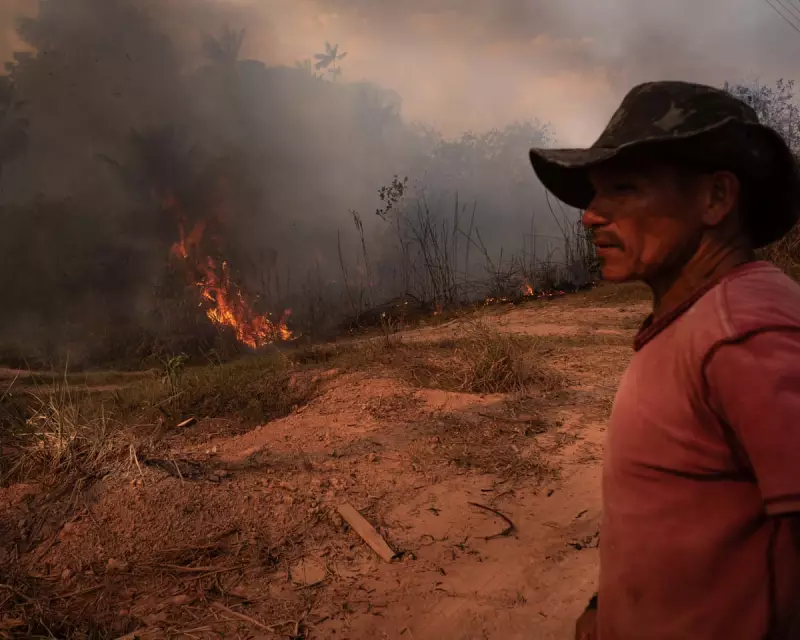
In a stirring address that resonated through the halls of the COP30 climate summit, Brazil's President Luiz Inácio Lula da Silva delivered what many are calling a watershed moment in global climate diplomacy. The veteran leader pulled no punches in his assessment of the world's collective failure to address the escalating environmental emergency.
The Uncomfortable Truth About Climate Promises
President Lula's speech cut through the usual diplomatic niceties, highlighting the stark gap between political rhetoric and tangible action. "We cannot continue with beautiful speeches that never materialise into concrete measures," he declared, his words carrying the weight of a nation that hosts both the Amazon rainforest and the upcoming critical climate conference.
The Brazilian leader emphasised that the climate crisis disproportionately affects developing nations, while wealthier countries consistently fall short on their financial commitments. His message served as a sobering reminder that climate justice remains an elusive goal.
Brazil's Dual Role: Victim and Solution
Lula positioned Brazil as both a climate victim and potential saviour, highlighting the country's ambitious environmental turnaround. Under his leadership, deforestation in the Amazon has plummeted by over 50%, demonstrating that meaningful change is achievable with political will.
"We are proving that it is possible to combine economic development with environmental preservation," Lula stated, offering Brazil's recent successes as a blueprint for other nations struggling to balance growth with sustainability.
The Road to COP30: A Moment of Reckoning
With Brazil set to host the pivotal COP30 summit, Lula's speech served as both warning and invitation. He made it clear that the world cannot afford another conference of empty promises and watered-down agreements.
The key challenges he identified include:
- Inadequate climate financing from developed nations
- The persistent failure to meet emission reduction targets
- Growing inequality in climate impact between global north and south
- Corporate greenwashing undermining genuine progress
A Call for Collective Responsibility
Perhaps most powerfully, Lula framed the climate crisis as a test of global solidarity. "Either we save ourselves together, or we will perish together," he warned, challenging world leaders to rise above national interests for the sake of planetary survival.
His address sets the stage for what promises to be one of the most consequential climate summits in history, with Brazil positioned to lead by example rather than mere words.





